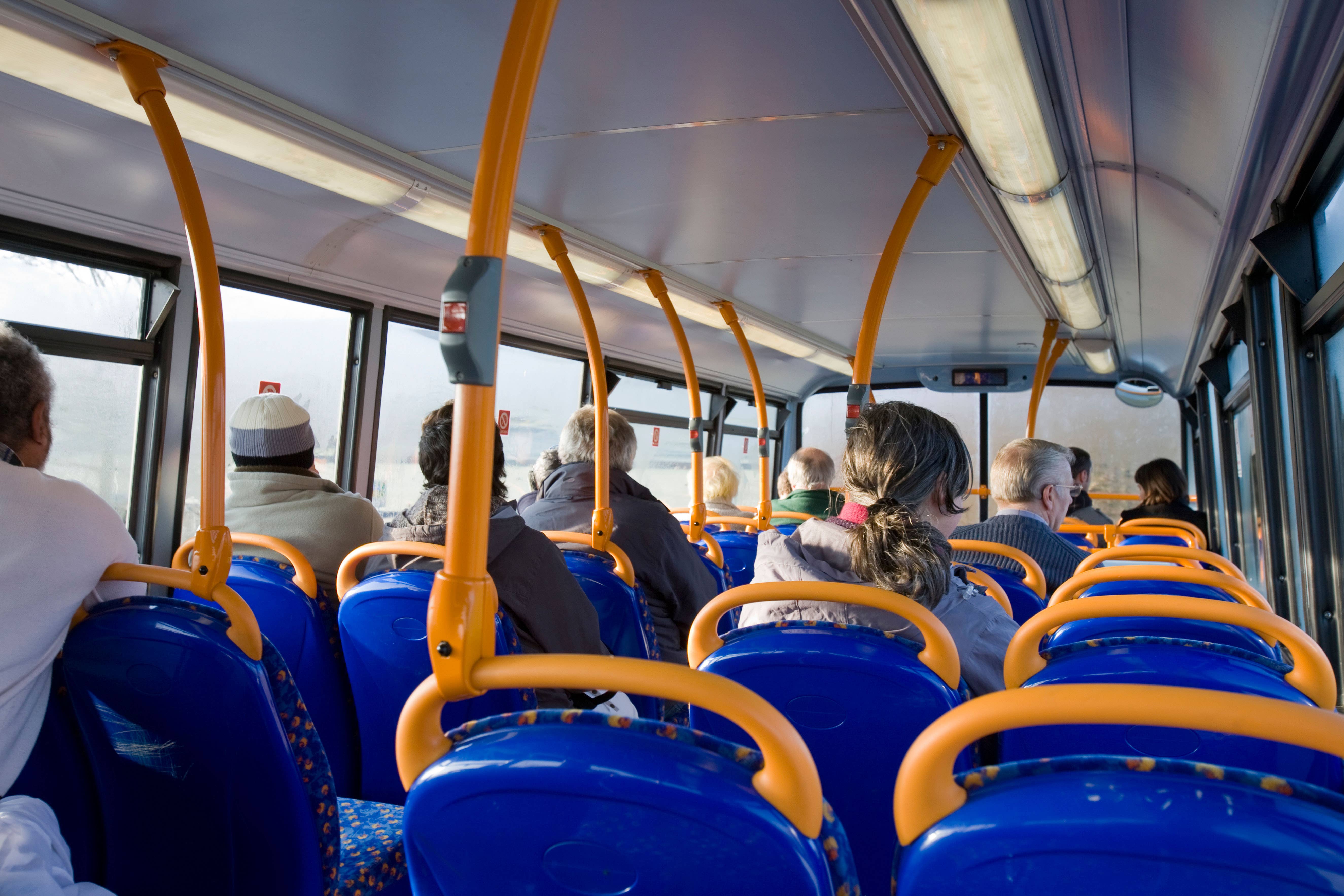Travelling to see family and friends ‘good for health’
Experts found that people who left their local community were more likely to report good health compared to those who stayed closer to home.

Your support helps us to tell the story
From reproductive rights to climate change to Big Tech, The Independent is on the ground when the story is developing. Whether it's investigating the financials of Elon Musk's pro-Trump PAC or producing our latest documentary, 'The A Word', which shines a light on the American women fighting for reproductive rights, we know how important it is to parse out the facts from the messaging.
At such a critical moment in US history, we need reporters on the ground. Your donation allows us to keep sending journalists to speak to both sides of the story.
The Independent is trusted by Americans across the entire political spectrum. And unlike many other quality news outlets, we choose not to lock Americans out of our reporting and analysis with paywalls. We believe quality journalism should be available to everyone, paid for by those who can afford it.
Your support makes all the difference.Travelling to see friends and family can help improve a person’s health, a new study suggests.
People who leave their local community are more likely to report good health compared to those who stay closer to home, researchers said.
The range of places visited and how often people travel are also important factors, according to academics from University College London (UCL).
There are several hypotheses for the link between contacts with family and friends and better health. It reduces stress, probability of depression and other mental health issues
Those who travel more than 15 miles from home were more likely to report good health, they found.
Researchers also found that those who travelled to a wider variety of places were more likely to see friends and family, with increased social participation linked to better health outcomes.
Lead author Dr Paulo Anciaes, from the UCL Bartlett School of Environment, Energy & Resources, said: “There are several hypotheses for the link between contacts with family and friends and better health.
“It reduces stress, probability of depression and other mental health issues.
People may also see family and friends to do healthy activities that they would not do on their own, such as long walks. And talking to people is also an exercise for the brain
“Family and friends can spot symptoms, and remind or give advice about check-ups, hospital appointments and healthy habits.
“People may also see family and friends to do healthy activities that they would not do on their own, such as long walks. And talking to people is also an exercise for the brain.
“There are several other explanations, but most evidence shows that contacts with family and friends is good for health. In our paper we also found a link, but we did not probe into the reasons for the link.”
The new paper, published in the journal Transport and Health, saw academics examine information from more than 3,000 people living in communities in the north of England.
The authors examined constraints to travel outside of the local area, such as a lack of suitable public transport; trip frequency; the number of different places visited; distance travelled; car use and public transport use and compared these factors to people’s self-reported health scores.
The results of this study emphasise the need for public policies that reduce constraints to travel in the region, by providing better options for private and public transport that allows for more frequent and longer trips
They found the link between self-reported good health and travel constraints was stronger among those over the age of 55.
Dr Anciaes added: “Those aged over 55 are more likely to face other constraints to travel such as limited mobility, they are also more likely to suffer from loneliness.
“In the north of England, rural and suburban areas with limited access options are more likely to experience population loss as young people move to the cities in search of work and good travel options.
“Meanwhile, older generations are left behind in these areas with limited transport options. The range of places they can visit is low, leading to less social participation and lower levels of general health.
“The results of this study emphasise the need for public policies that reduce constraints to travel in the region, by providing better options for private and public transport that allows for more frequent and longer trips.”